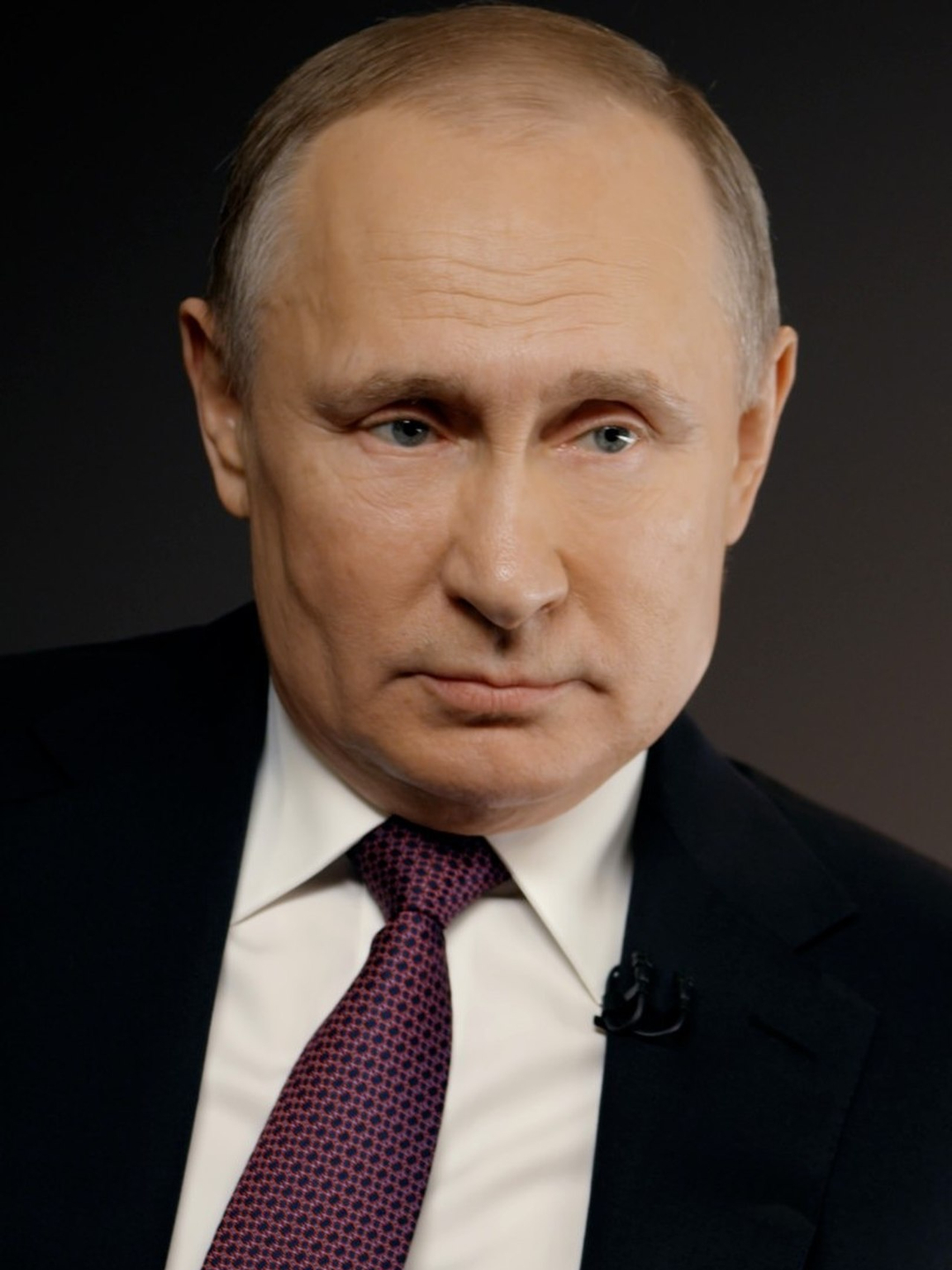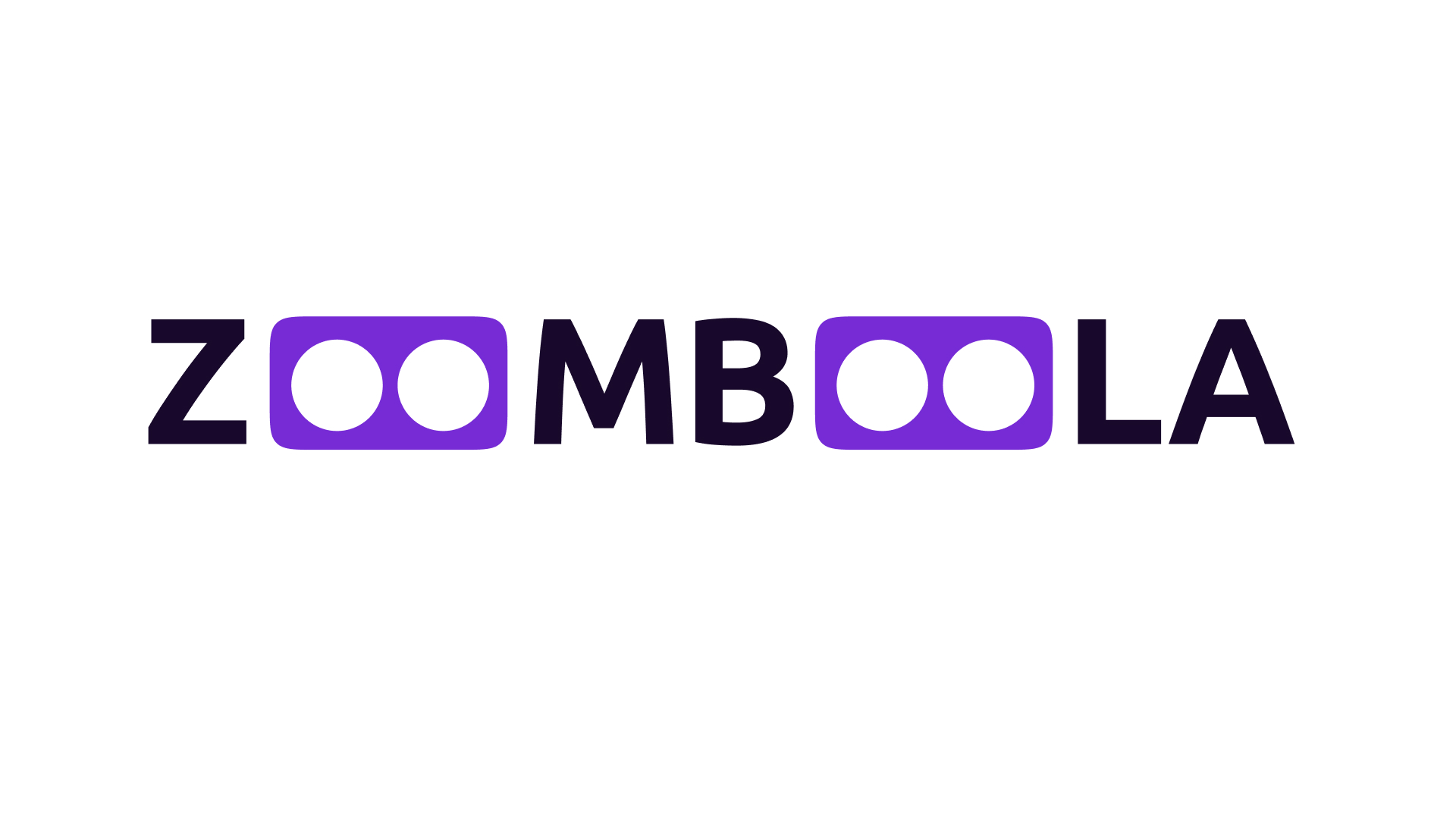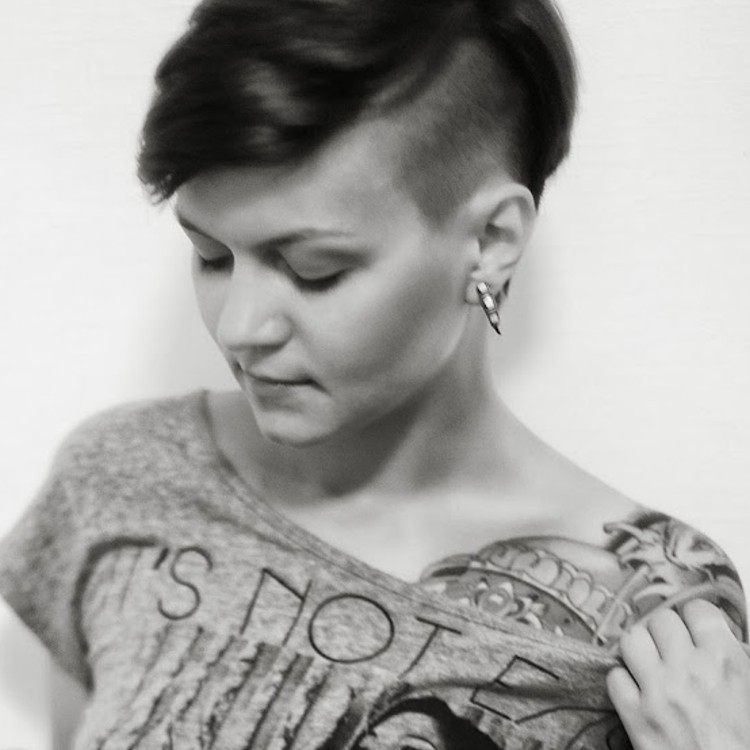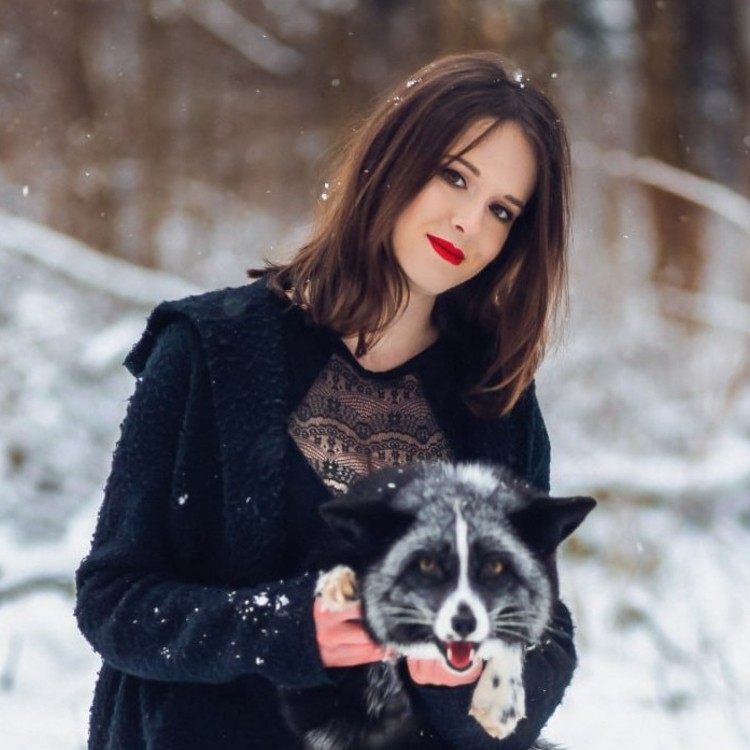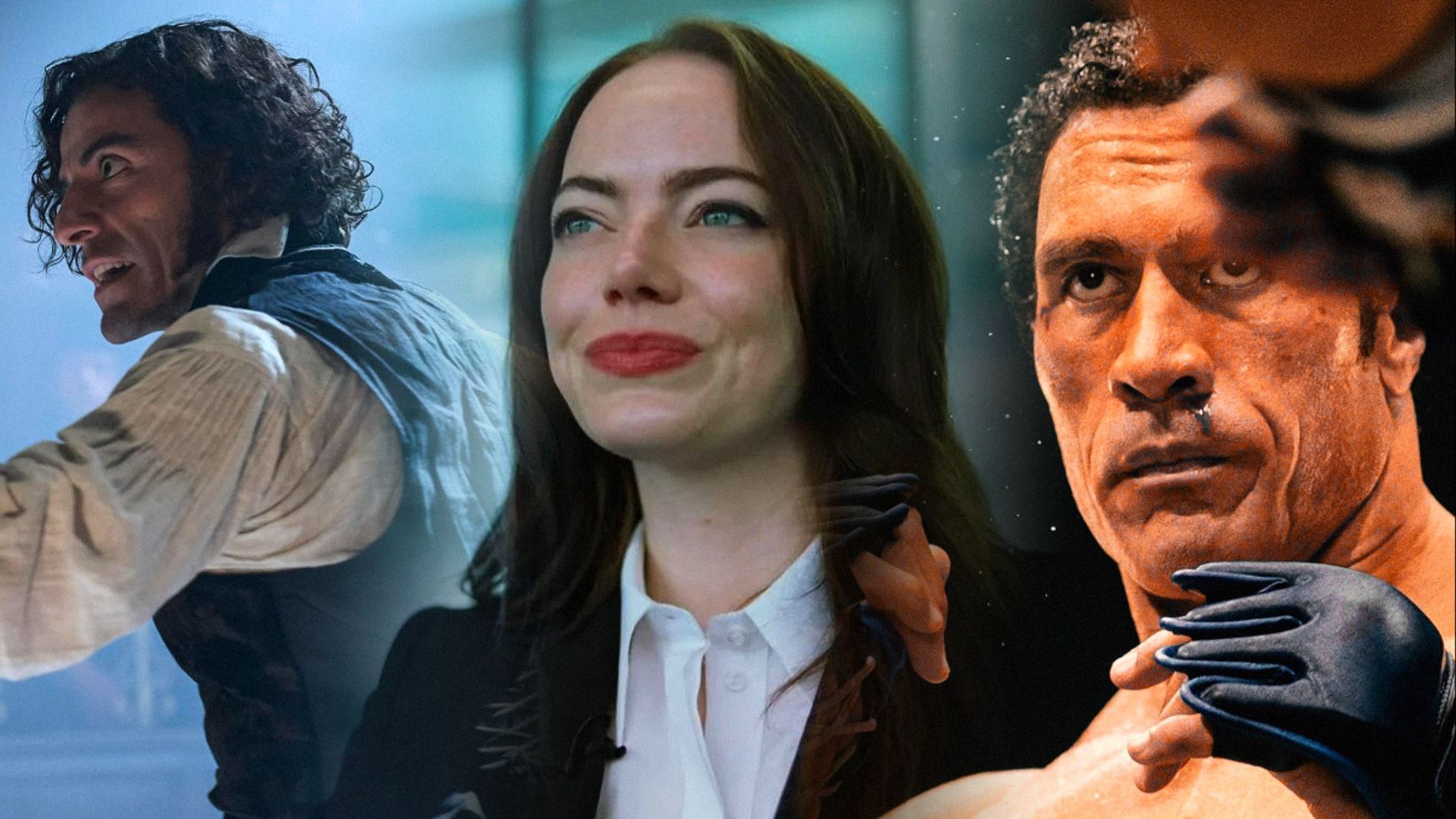Biography of Vladimir Putin
Vladimir Vladimirovich Putin is the President of the Russian Federation (2000-2008, 2012-present) and former Director of the Russian Federal Security Service (1998-1999).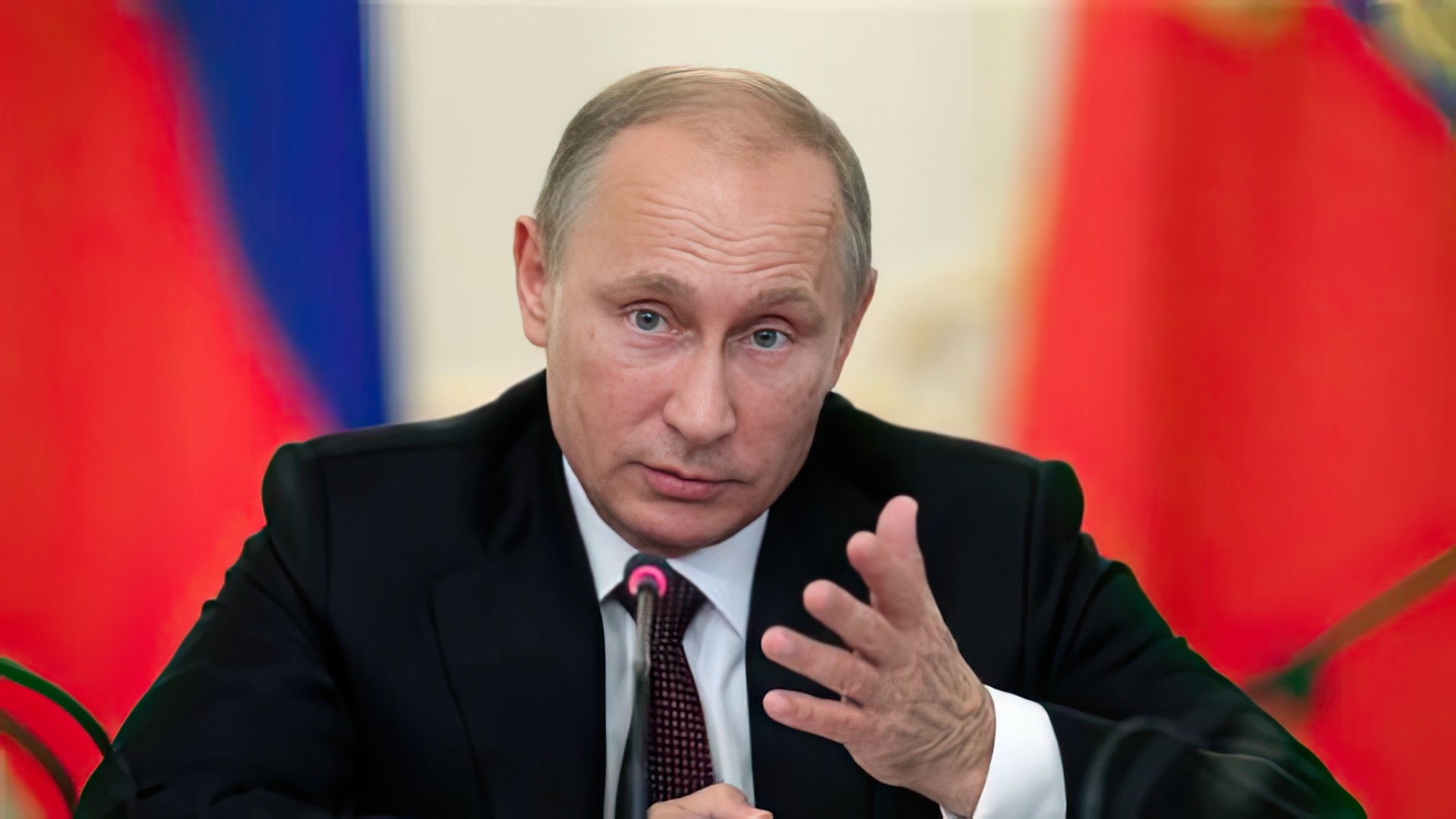
Childhood and Family
Vladimir Vladimirovich Putin was born on October 7, 1952, in Leningrad. Putin recalled, "I'm from the commoners, and I've been living this life for a very long time, practically my whole adult life. I lived as an ordinary person, and I always have this bond."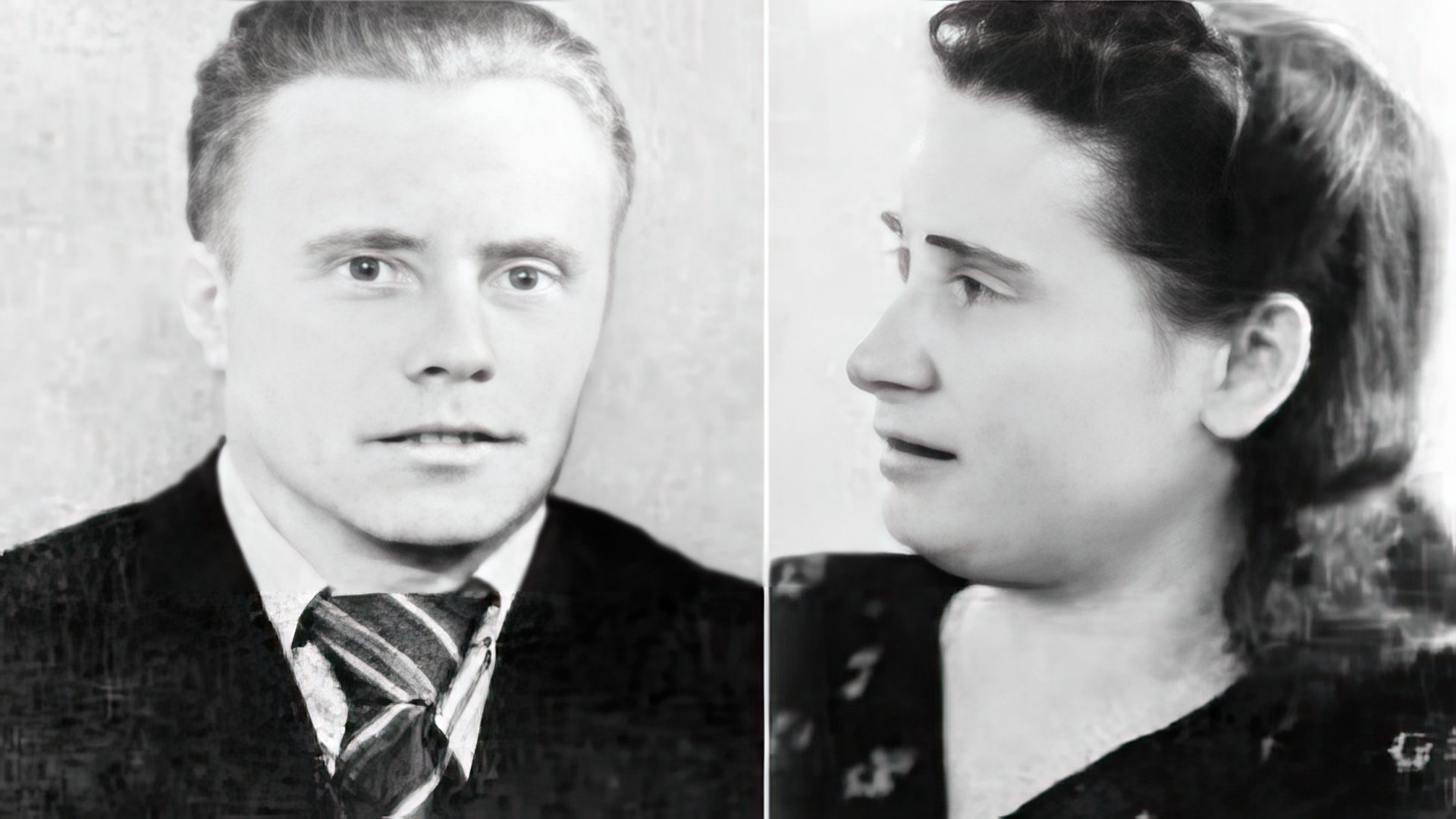
His mother, Maria Ivanovna Shelomova, survived the blockade and later worked at the plant.
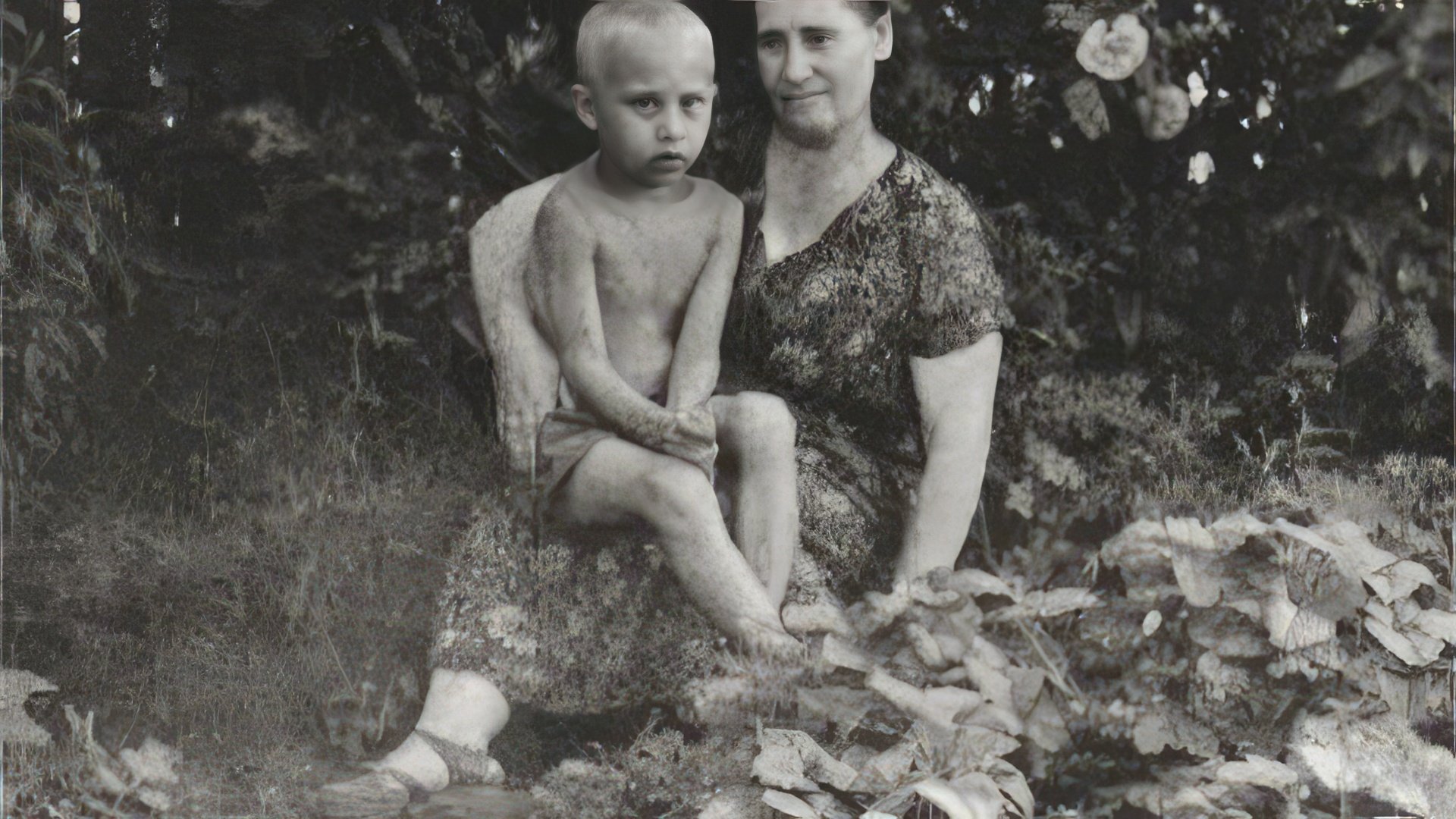
Vladimir Vladimirovich Putin is the third son in the family. Two of his older brothers died in childhood: Victor died before the war, and Albert died during the blockade.
After Vladimir Vladimirovich became president, he shared that in his childhood he liked to watch Soviet films about secret service agents and dreamed of working in government departments: "Even before I finished school, I had a desire to work in intelligence service. But soon I wanted to become a sailor. But then again as an agent. And at the very beginning, I really wanted to be a pilot."
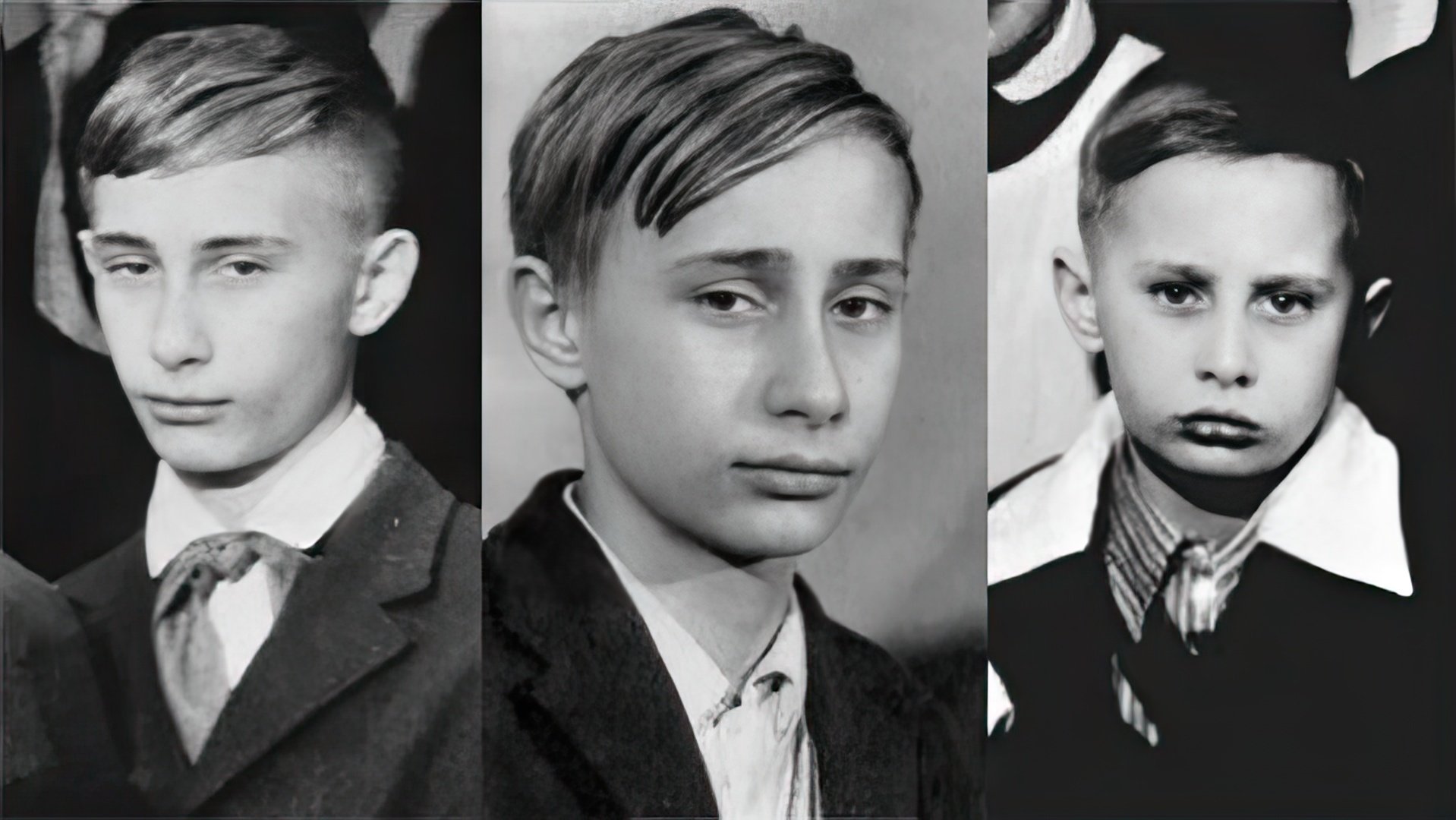
Career in KGB
In 1975, Vladimir Putin was assigned to serve with the State Security Committee after receiving his diploma. That same year, he was promoted to second lieutenant of justice within the USSR KGB's territorial bodies after completing operational staff training courses.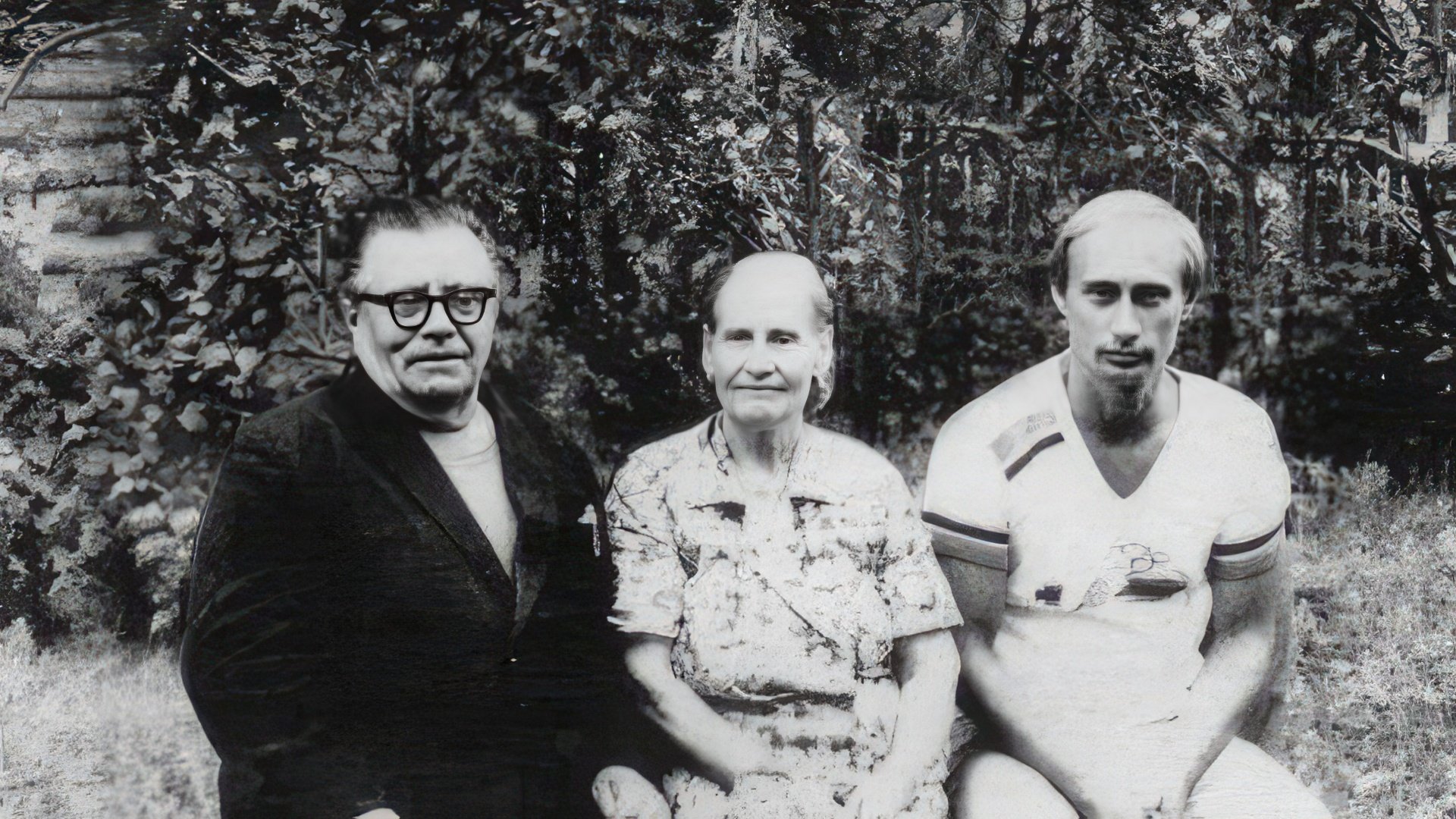
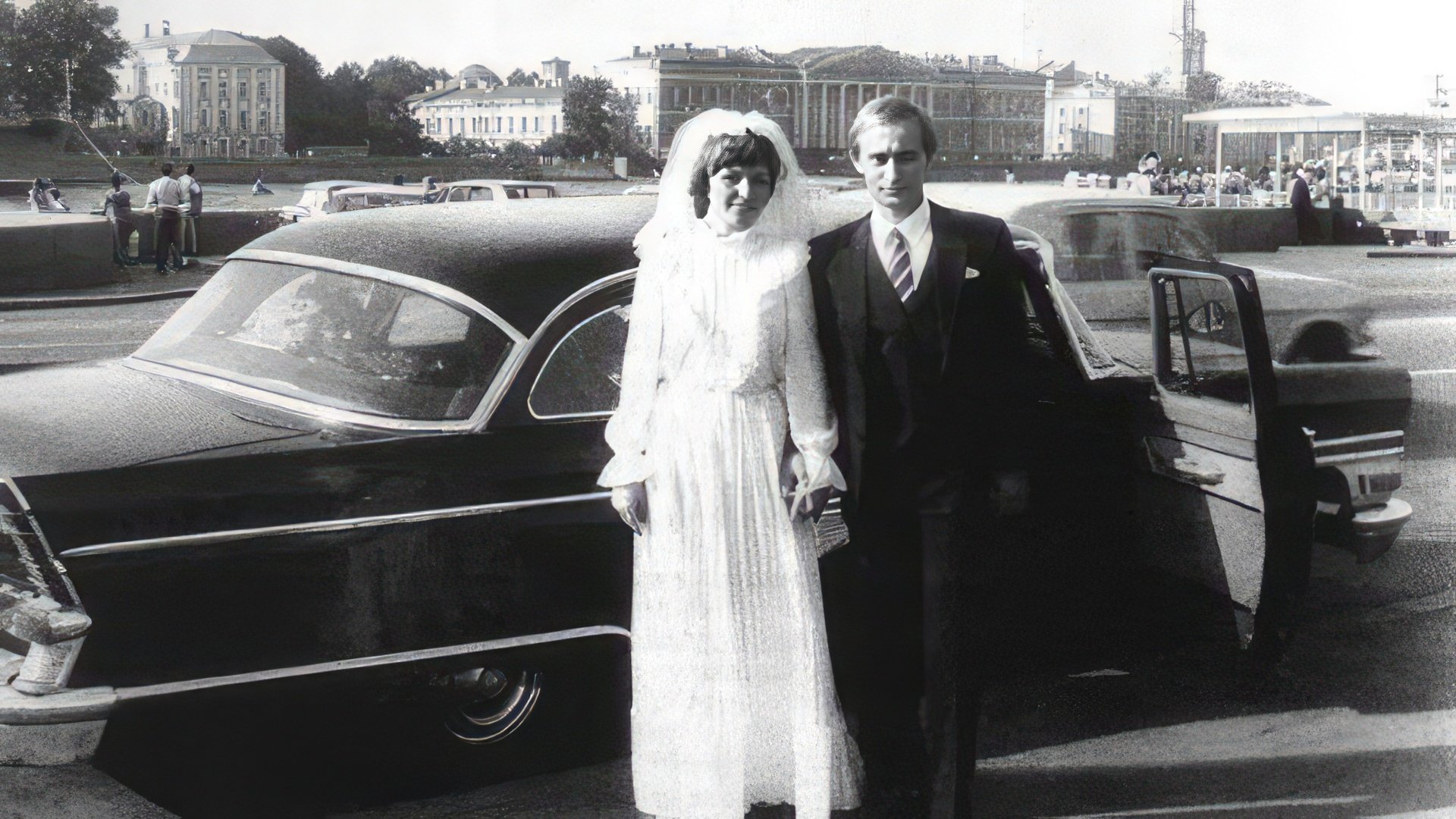
Putin in GDR
From 1985 to 1990, Putin worked in the GDR. He served in Dresden under cover as director of the Dresden House of Friendship of the USSR-GDR. During his service, he was promoted to lieutenant colonel and assigned as senior assistant to the department chief.In 1989, Vladimir Vladimirovich was awarded a bronze medal «For Merits to the National People's Army of the GDR».
After the foreign mission was over, Vladimir Putin continued his service in the Leningrad KGB administration, refusing to go to the central intelligence apparatus of the KGB of the USSR in Moscow.
Administration of St. Petersburg
The next stage in Vladimir Putin's life was a job at Leningrad State University of Zhdanov, where he served as an assistant to the rector for international affairs. «I gladly went under the roof of the Leningrad State University hoping to write a Ph.D. thesis, process the ins and outs of all this, and maybe stay to work at Leningrad State University. So, in 1990 I became an assistant to the university rector for international relations», he recalled.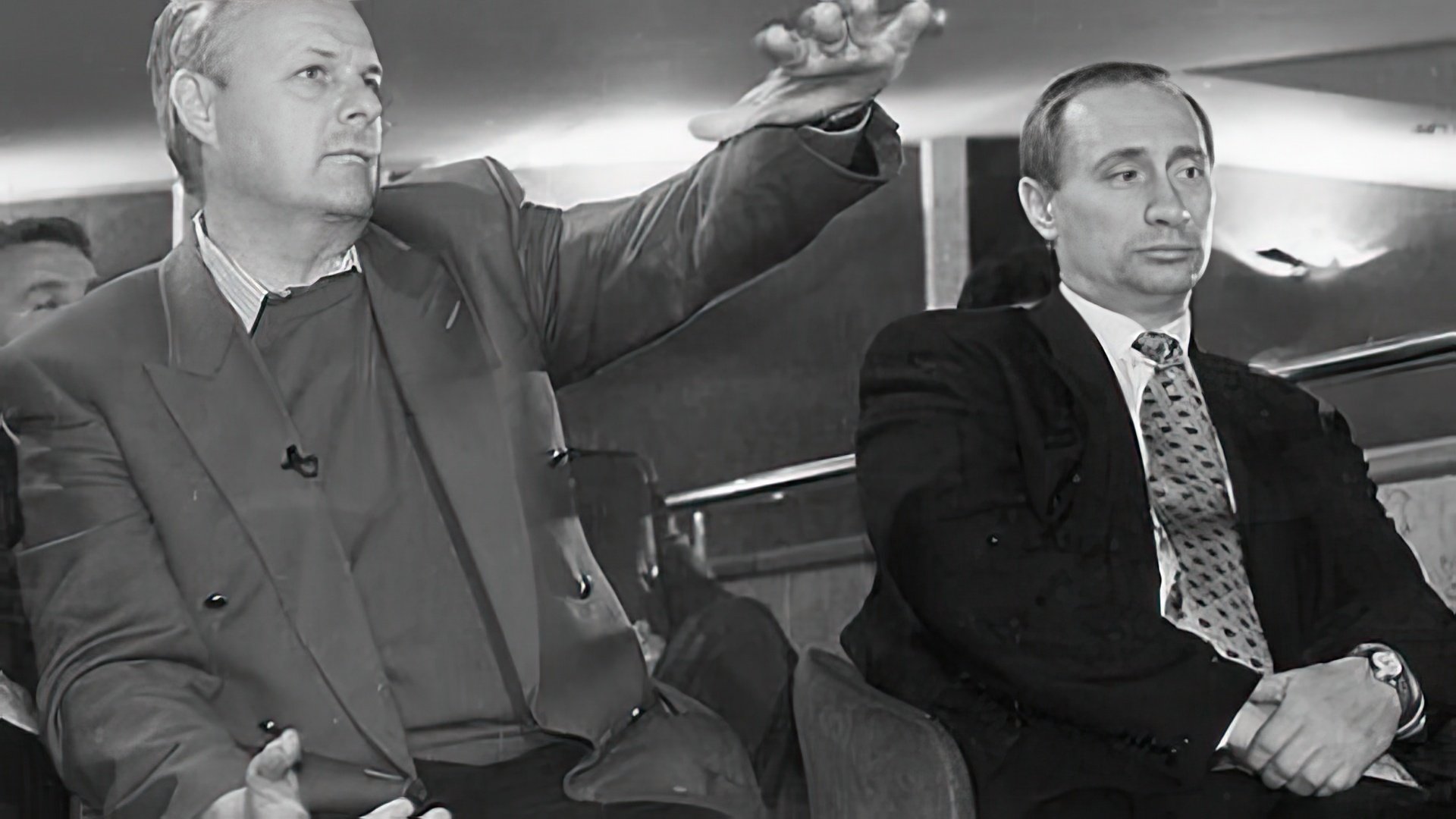
In 1992, a group of deputies of the Lensoviet, headed by Yuri Gladkov and Maria Salie, put forward charges against Putin in the scheme of supplying Petersburg with foodstuffs in exchange for raw materials. Putin claimed that the Salie Commission didn't actually conduct any investigation, and there was no one to prosecute and no reason to prosecute. The scandal was kindled to make Sobchak fire Putin.
Moscow career
Over three years, Putin rose from Deputy Presidential Administration head to Secretary of the Security Council. In 1996, after the failure of Sobchak in the election of the governor, Vladimir Vladimirovich was invited to Moscow for the position of deputy head of the Presidential Administration. Putin oversaw legal affairs and the management of Russia's foreign assets.«I cannot say that I did not like Moscow. I just loved Petersburg more. But Moscow is obviously a European city», - Putin commented on his appointment to the new position.
In the spring of 1997, Vladimir Putin was appointed deputy head of the presidential administration, replacing Alexei Kudrin.
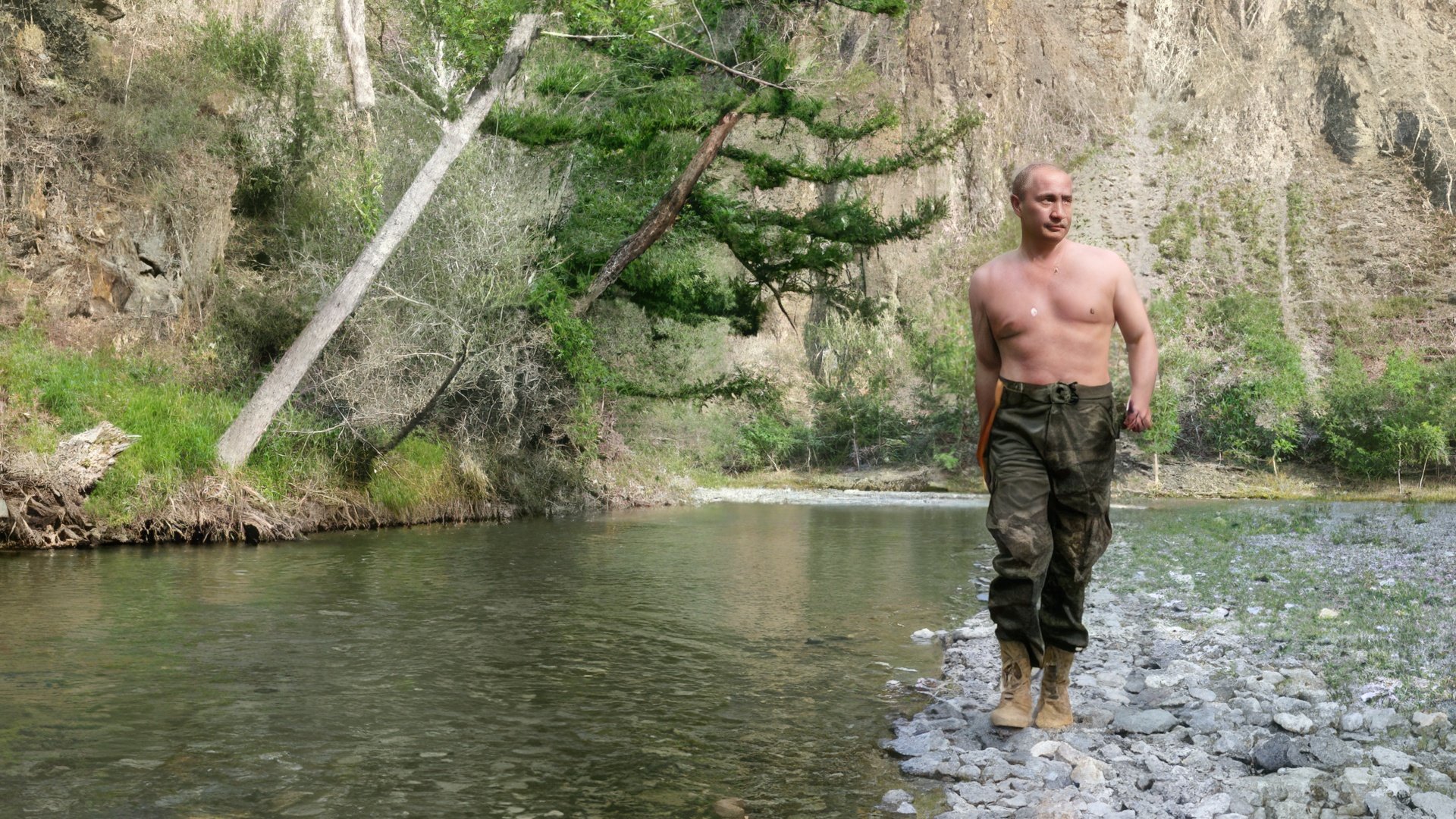
In the spring of 1999, President Boris Yeltsin appointed Vladimir Putin as Russia's prime minister.
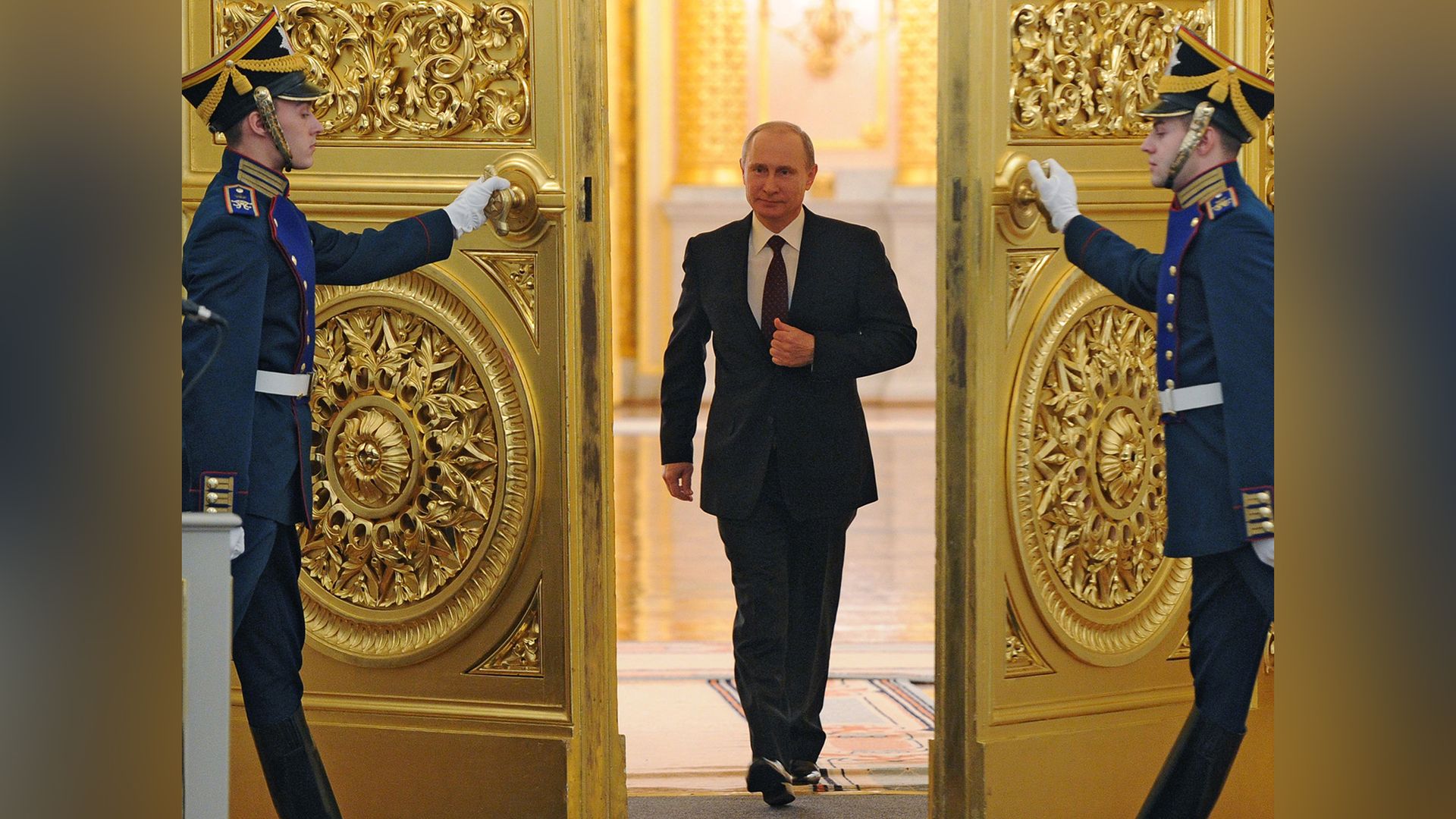
Dissertation
In 1997, Vladimir Putin defended his Ph.D. thesis in Economics at St. Petersburg's Mining Institute. The thesis was titled "Strategic Planning for Regional Mineral Resource Base Development Under Market Economy Conditions (St. Petersburg and Leningrad Region)."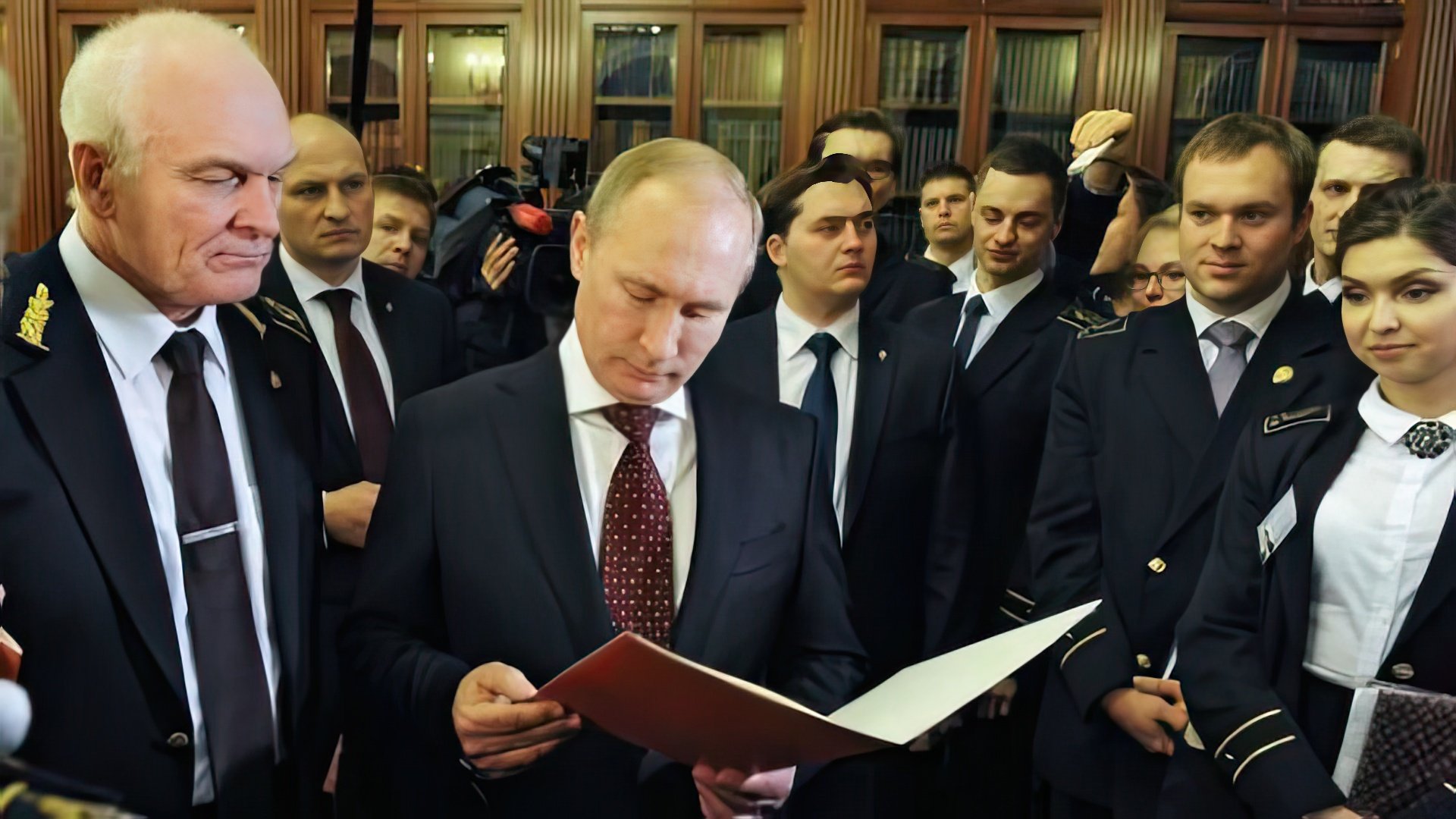
Presidency
On December 31, 1999, Yeltsin resigned, and Putin became the acting president of Russia: he was given the symbols of power, including the «nuclear suitcase». According to Vladimir Vladimirovich, it was not an easy decision for him.In March 2000, Vladimir Putin was elected president and took office on May 7. On March 14, 2004, he was re-elected for a second term. On May 7, 2008, he transferred power to his former chief of staff, Dmitry Medvedev.On the one hand, there are internal arguments. But there is another logic. Fate is such that you can work at the highest level in the country and for the country. And it's stupid to say: no, I will sell seeds, or no, I'll take up private law practice. Well, you can do that later. First work here, then there.
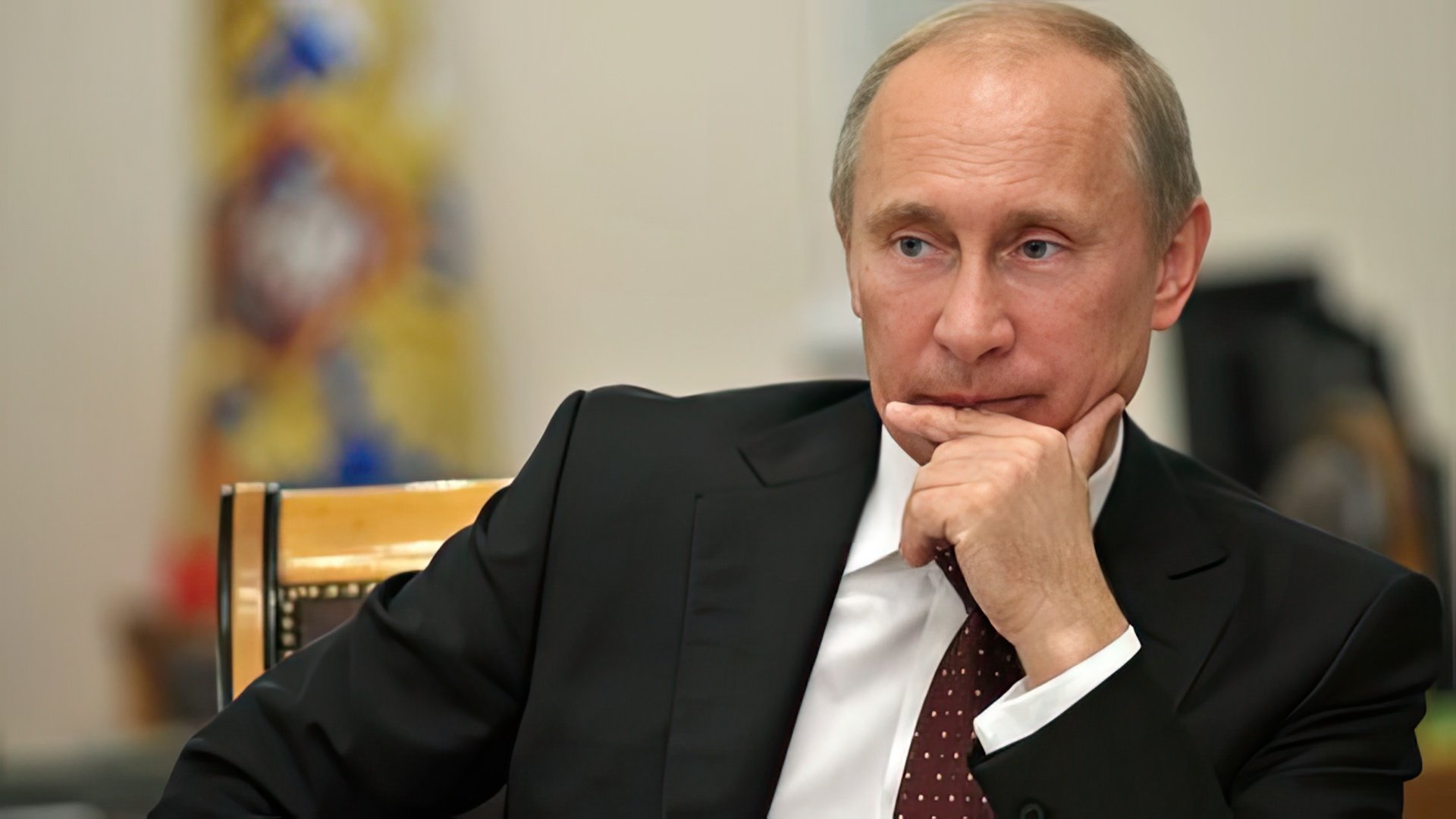
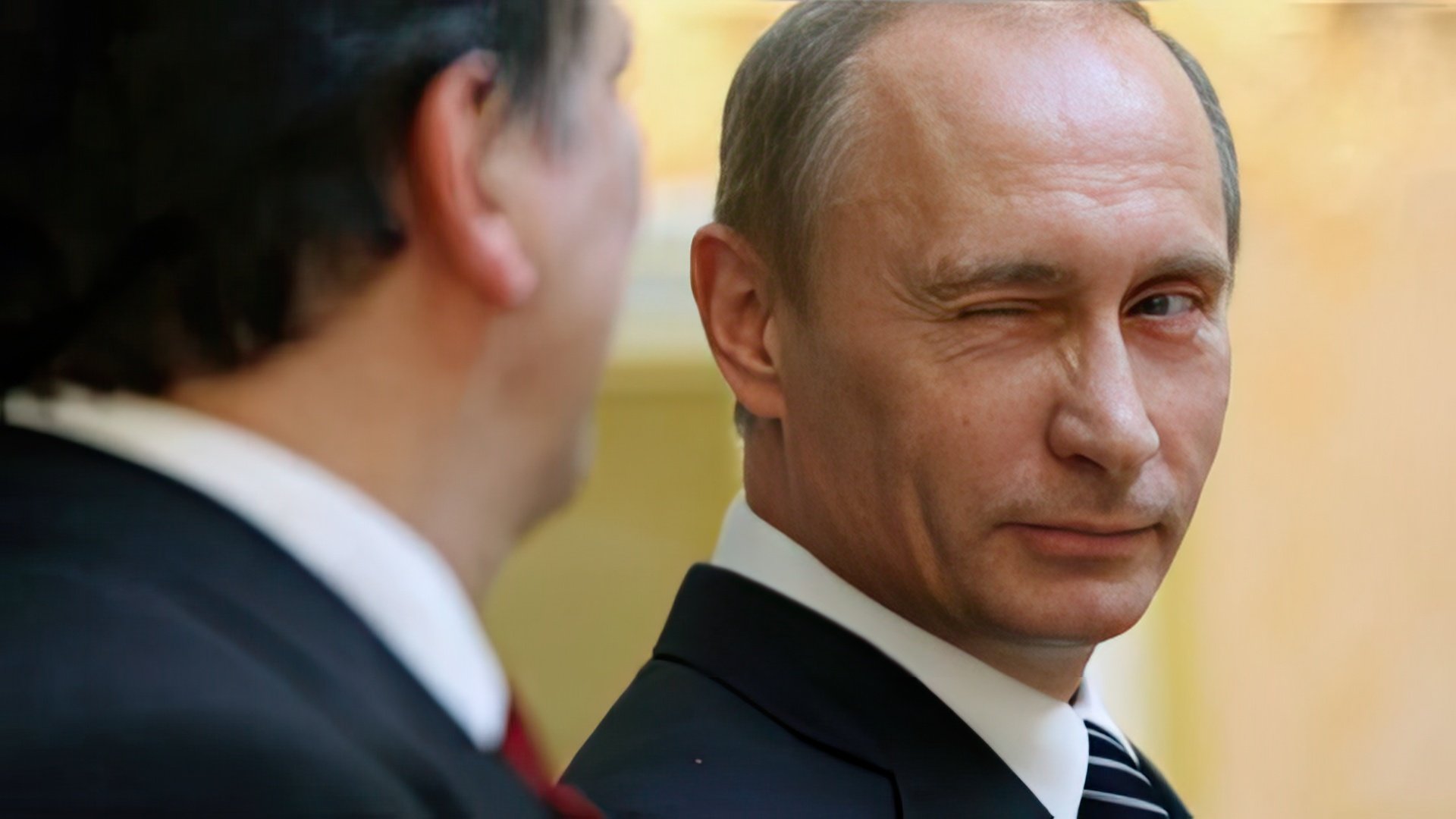
The third presidential term of Vladimir Putin was marked by complex historical events. Russia's position on the Ukrainian crisis and the accession of the Crimea to the Russian Federation, the victorious performance of Russian athletes at the Olympics and Paralympics in Sochi, a successful military operation in Syria - all of this has affected the president's approval ratings. The poll data, published in October 2015 by the All-Russian Public Opinion Research Center, show that 89.9% of Russians approve of Vladimir Putin's actions.
A week later, Parliament deputy and first woman in space Valentina Tereshkova suggested "erasing" Putin's previous presidential terms to allow him to become president in 2024 and 2030. Putin said he didn't mind, as long as the Constitutional Court wasn't opposed. The Constitutional Court didn't mind. Russians called Putin's maneuver "zeroing".
Personal life of Vladimir Putin
Putin met his future wife Lyudmila in 1980. On July 28, 1983, they were married. Their first daughter Maria was born two years before his departure to Germany, and their second daughter Catherine was born a year later in Dresden. Putin carefully guards his daughters' privacy.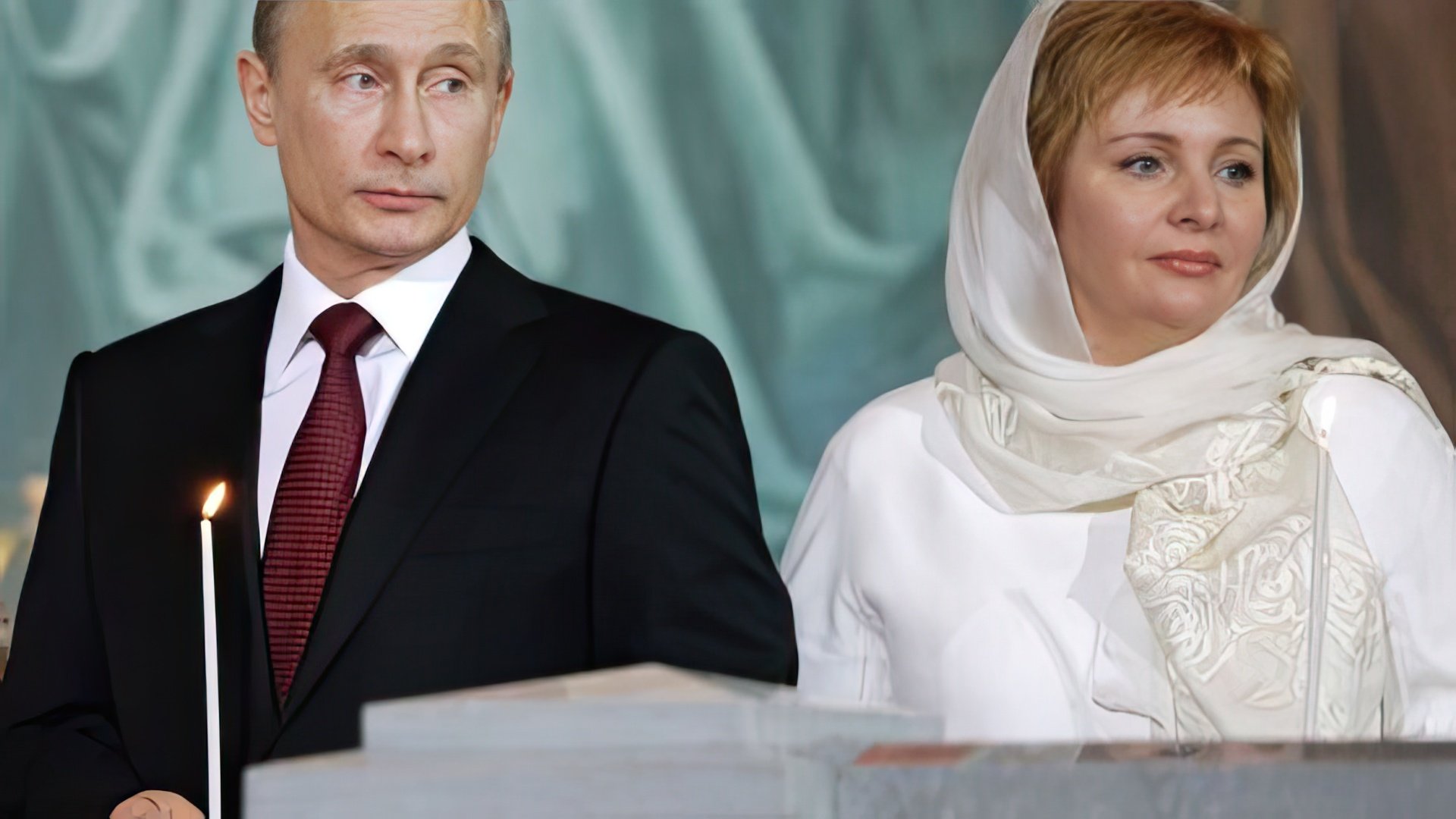
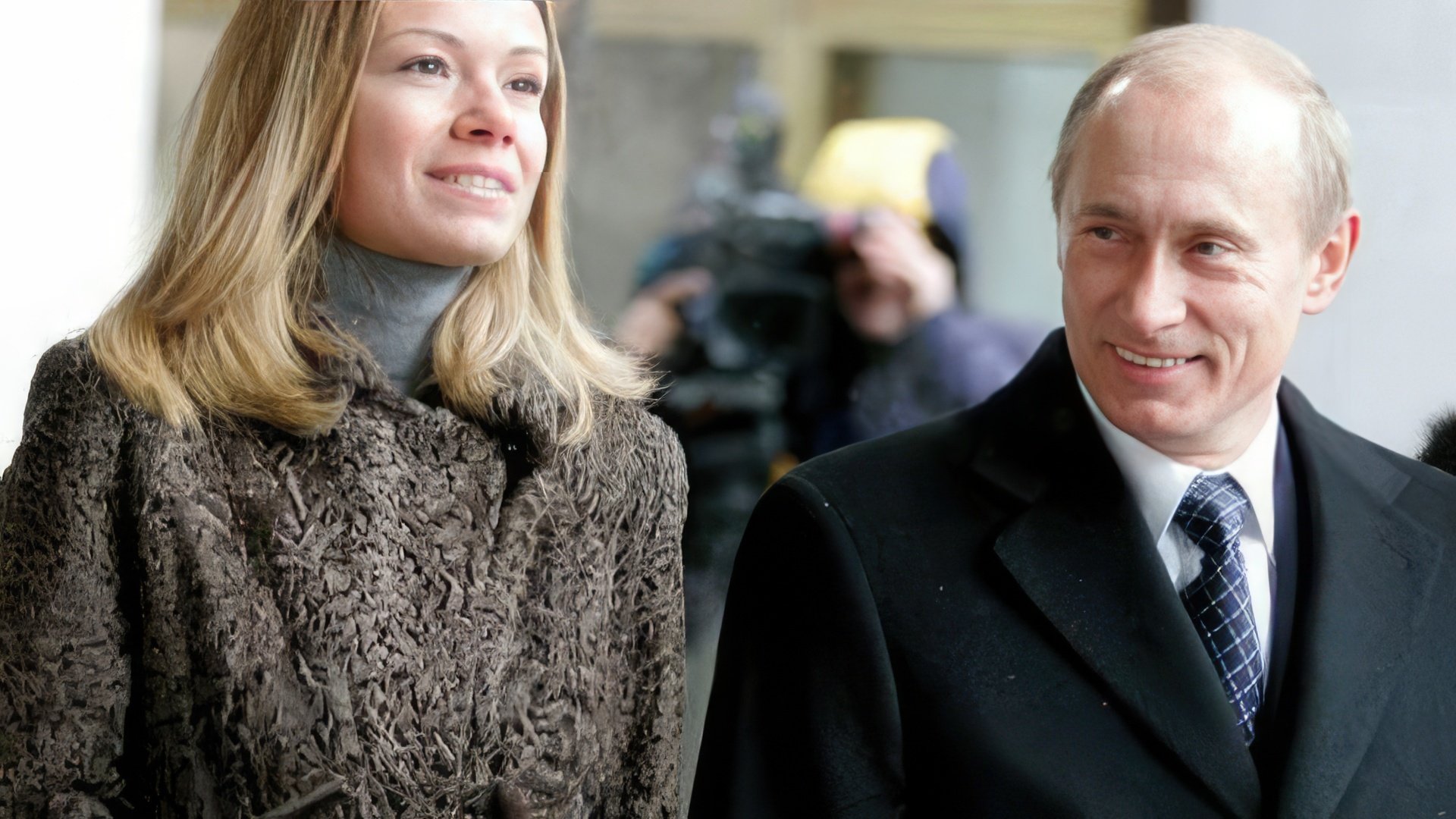
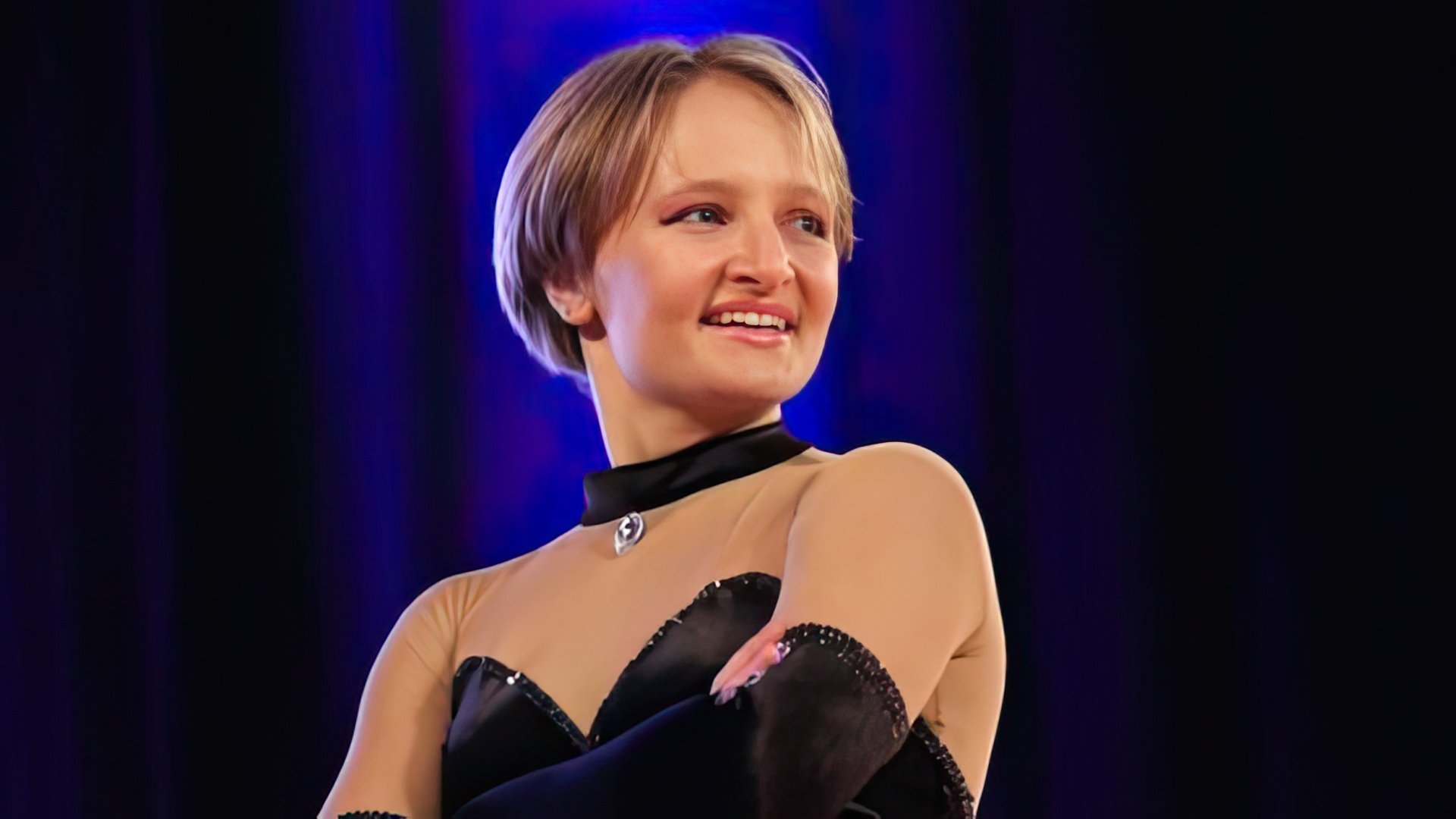
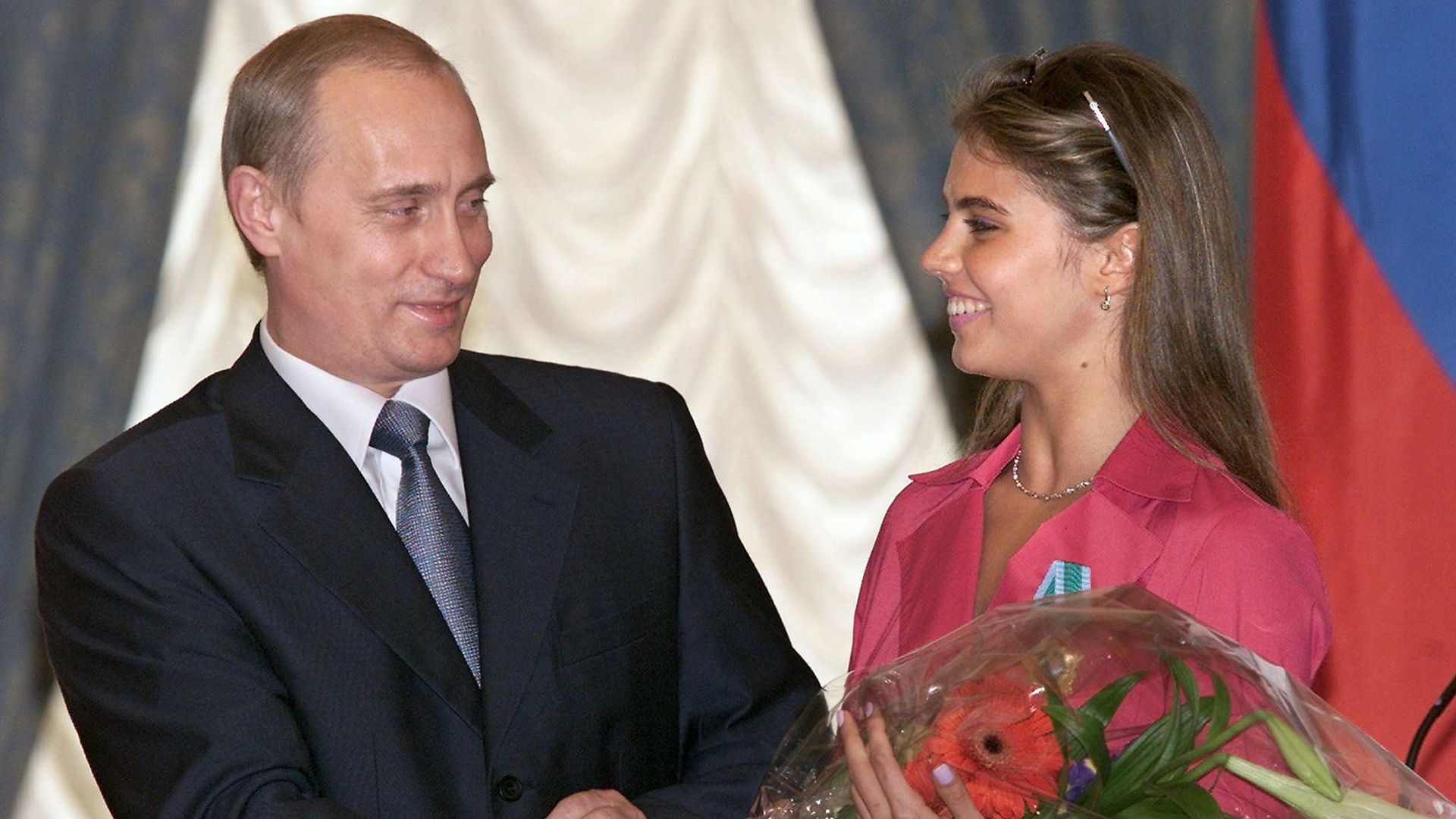
Hobbies of Vladimir Putin
Putin is passionate about sports. He skis, holds the title of Leningrad judo champion, and was champion of the Trud sports society.In 1999, he co-authored "Learn Judo with Vladimir Putin" with Alexei Levitsky and Vasily Shestakov. In 2013, he received an honorary ninth dan in Taekwondo. In 2011, Putin took up hockey. He likes fishing.
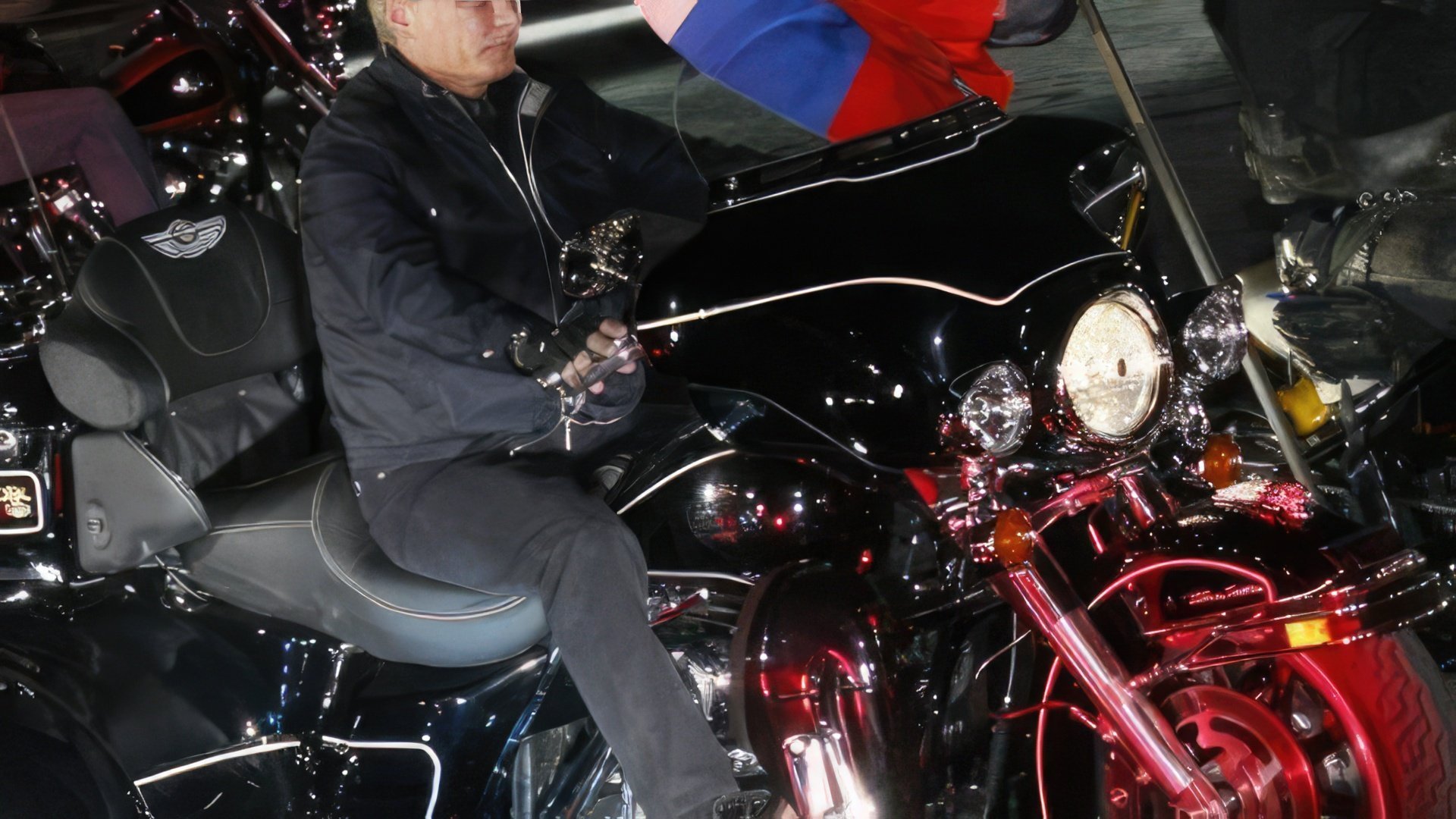
He speaks fluently in German and English.
Putin only wears his watch on his right hand. Why? "So the crown doesn't rub my hand, that's the whole secret," the president explained, answering a question many had wondered about.
The president has many pets, almost all gifts from influential politicians. Putin has Bulgarian Shepherd Dog Buffy (a gift from Bulgaria's premier Boyko Borisov), Akita Inu Yume (from Akita Prefecture governor Norihisy Satake), goat Skazka (from Yuri Luzhkov), and miniature horse Vadik (from Mintimer Shaimiev, President of Tatarstan). His previous favorite was a black Labrador named Connie, who died in 2014.
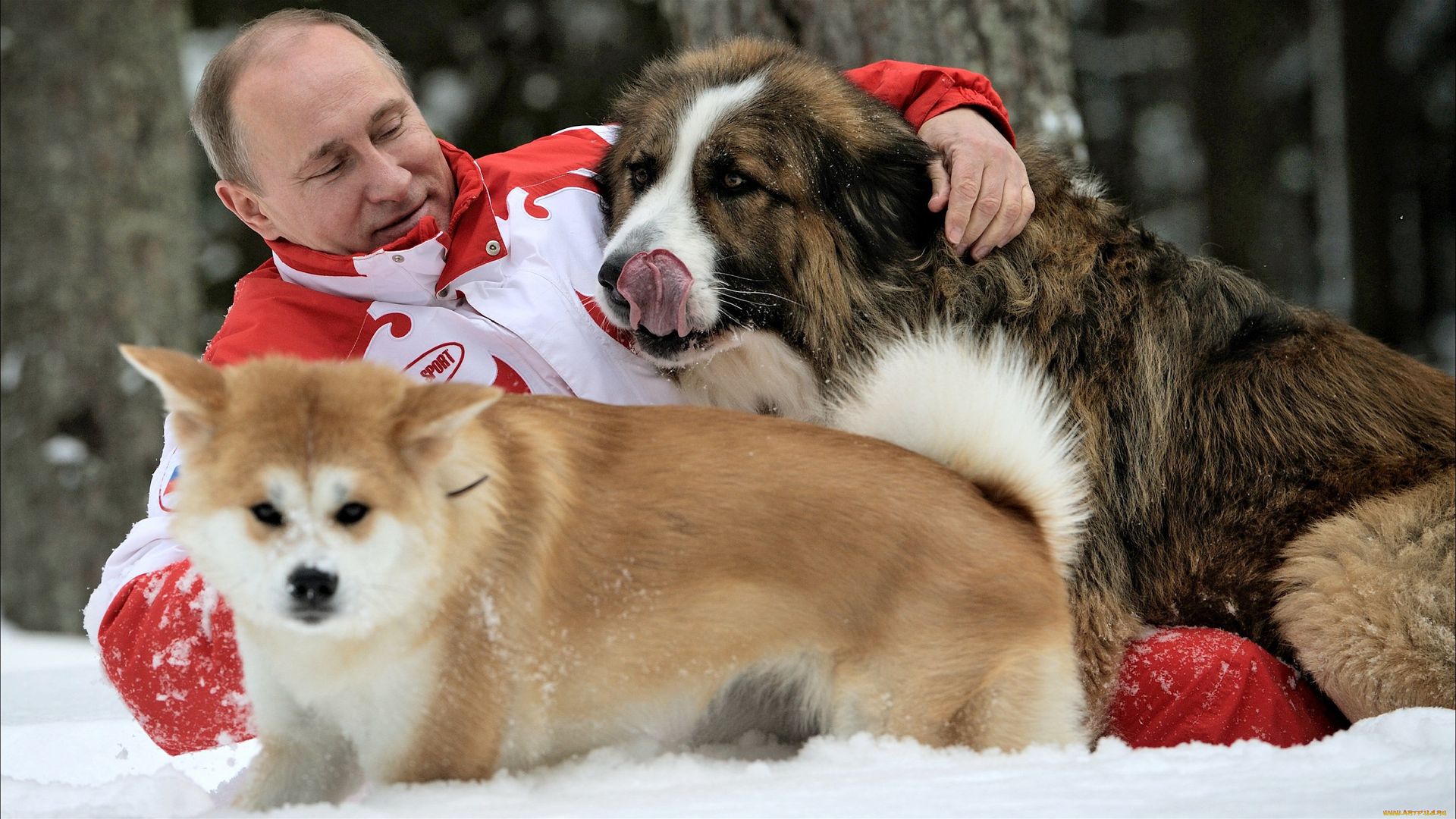
Vladimir Putin Now. War in Ukraine
By late 2021, tensions between Russia and Ukraine escalated once again. Russian forces amassed massive troop numbers (~190 thousand) along Ukraine's border. In December, Russia's Foreign Ministry delivered an "ultimatum" to the US and NATO, demanding guarantees that Ukraine would never join NATO and insisting on a rollback to 1997 borders. Putin also demanded that NATO refuse membership to any former Soviet states. On February 22, Vladimir Putin ratified the agreement on the recognition of the DNR and LNR. In an hour-long speech, he claimed that Ukraine was created by Vladimir Lenin and that Donbass territory was "forced into" its borders. Putin also branded Kyiv's authorities as "Russophobic" and "neo-Nazis." "Ukraine wants to return Crimea with force", he said.Putin also warned anyone "who tries to stand in our way," likely hinting at nuclear weapons:I want to emphasise again that all responsibility for the possible bloodshed will lie fully and wholly with the ruling Ukrainian regime.
At approximately 4 AM, Russian forces began bombing Ukrainian cities.They must know that Russia will respond immediately, and the consequences will be such as you have never seen in your entire history.
Found an error? Select the text and press Ctrl+Enter
Error in the text? Select it — a send button will appear
Publication Details
